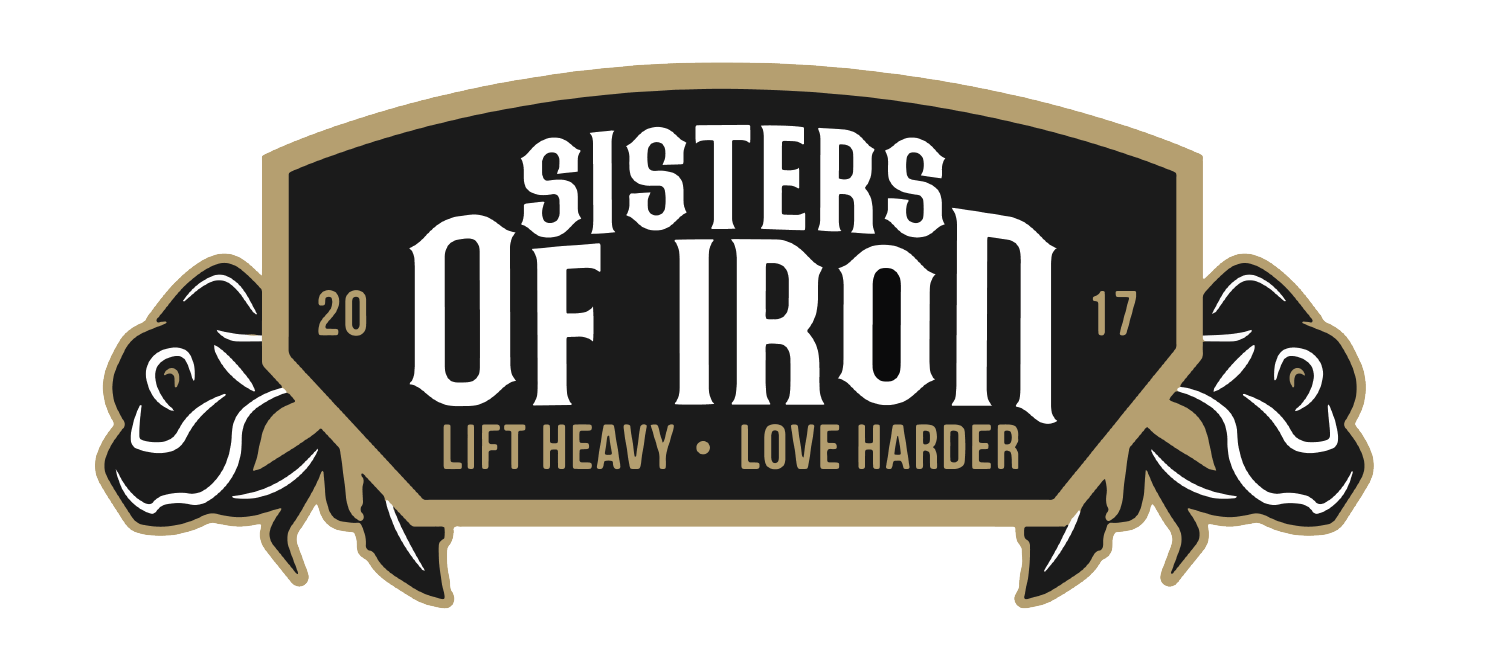Coach George "PittBoss" Cano | THE IMPORTANCE OF DELOAD
“The Importance of Deload”
Deload is one of the crucial parts of programming a lot of new lifters and new coaches tend to neglect. The theory of going hard all the time being a beast, monster never die, the analogies go on forever. Don’t confuse deload with rest days, although rest days are counted for deload, it is not the same thing. Usually everyone understands the importance of deloading the week prior to the meet and in most cases the week after, but is this enough?
Training for a meet is often brutal, pushing yourself to the limit, your body is feeling the wear and tear of constant training, self-induced trauma, hahaha. The bottom line is ‘You can either address it now, or an injury will address it for you.” One of the most important things as a lifter you can do to help the deload process is to make sure you are addressing your General Physical Preparedness or GPP. A lifters GPP will help mitigate the need for deload because the lifters body will be in better condition to withstand the rigors or training hard. I will leave GPP for another article but it is important to train your body not just for strength but for conditioning as well.
‘You can either address it now, or an injury will address it for you.”
Another important factor in helping mitigate your body’s need for deload is Prehab work, everyone has heard of rehab work. I am specifically talking about work done before you lift, to help prepare your body for the intensity of your training. Prehab consists of warming up muscle groups or tendons, ligaments that will be used during the course of your lifts. This also includes the need for stretching prior to the first lifts. For example, warming up your shoulders/rotator cuffs, your triceps, your pecs prior to benching. Grabbing a hip circle going side to side taking some body weight squats prior to squatting, etc., etc. These are not considered accessory work so light weight more reps.
Deloading is built into your programming in several methods. It could be that the deload week is already written and addressed as a "Deload", as is the case for most Juggernaut templates. In other methods it is written in but not specifically called out as the case with conjugate, cube to name a couple. They address it in the workload and percentages of specific lifts. If you follow Hypertrophy programming just make sure you are cutting down on the max sets and rep lifts heading into the meet. The rest and recovery leading into a meet is more important at that time then building the mass.
Finally, and the most obvious factor is and always should be listen to your body, if you feel beaten down and wore out, your lifts are suffering, feels like you are heading in the opposite direction, you need to rest and deload. I know everyone has their own stories of how they felt like crap and ended up with the best workout ever, or they felt great warming up then everything felt like a ton. I have to but for the most part, your body is telling you it needs a deload. Don’t neglect how your body feels. As a new lifter you need to understand this simple saying, “He/she who lifts the longest, will be the strongest.” You heard me say this before Powerlifting is a marathon not a sprint. I wish as a young lifter I followed this advice, but no I was the push through, don’t be a punk, No Pain, No Gain. Choke that off to lessons learned
George “PittBoss” Cano
Owner/Head Coach Pitt Powerlifting


Leave a comment